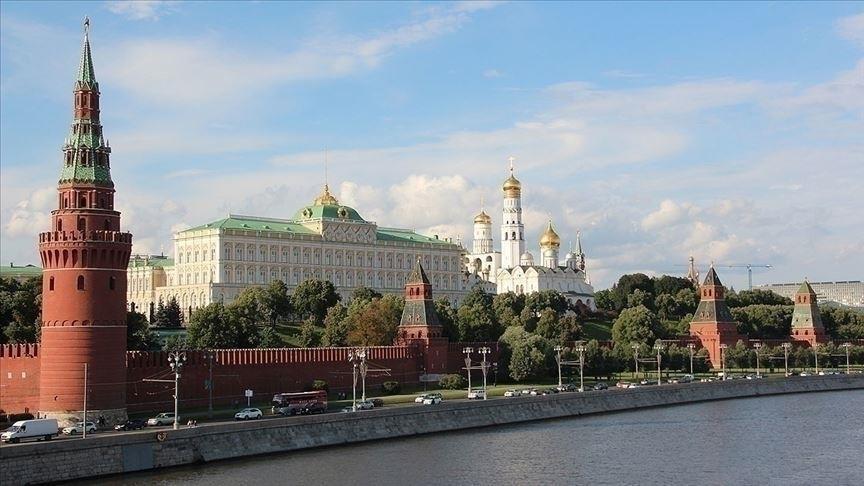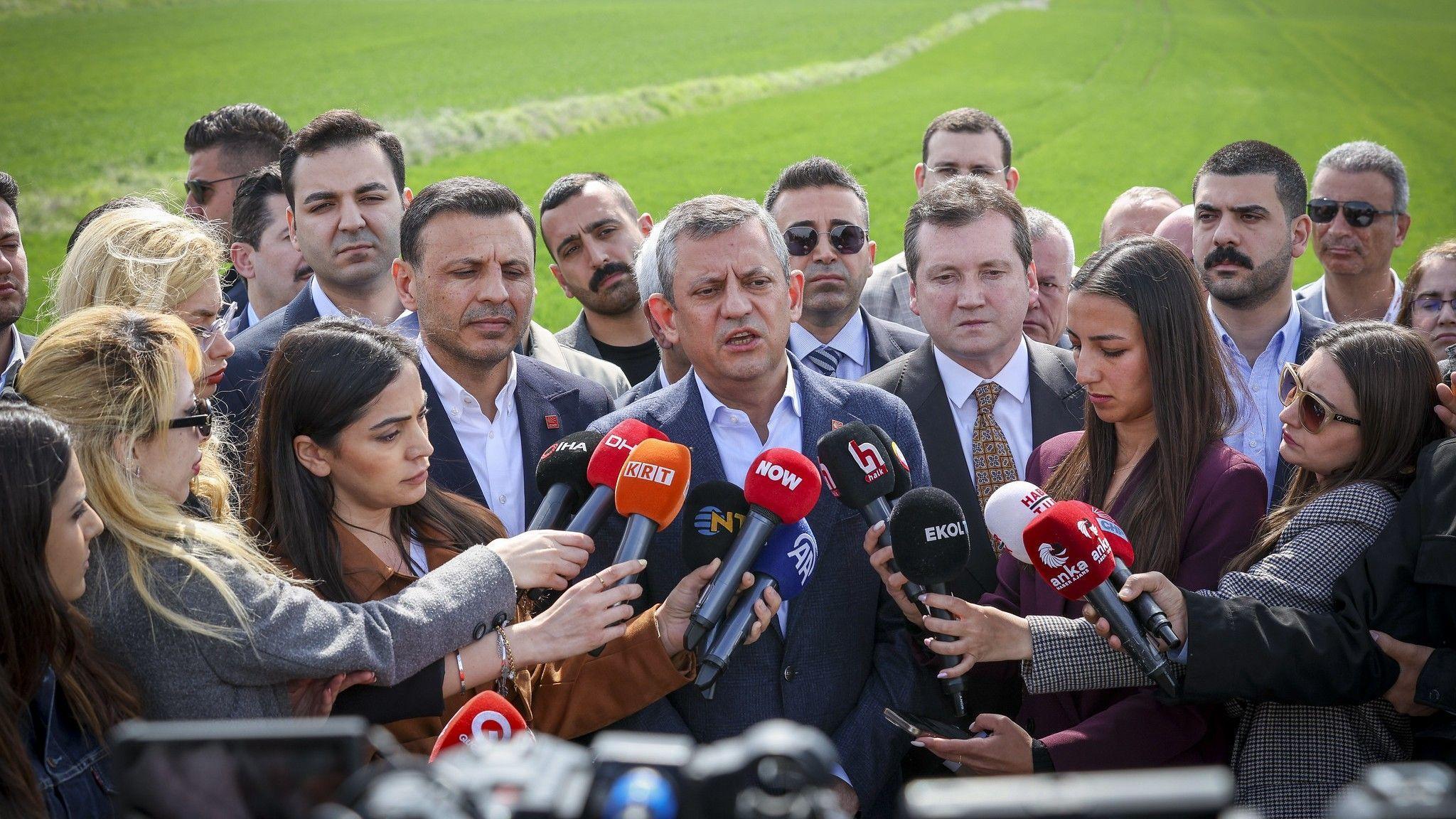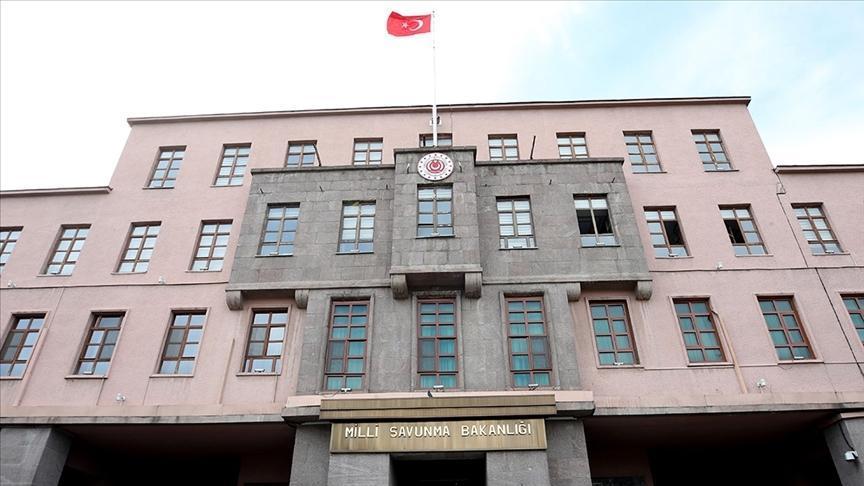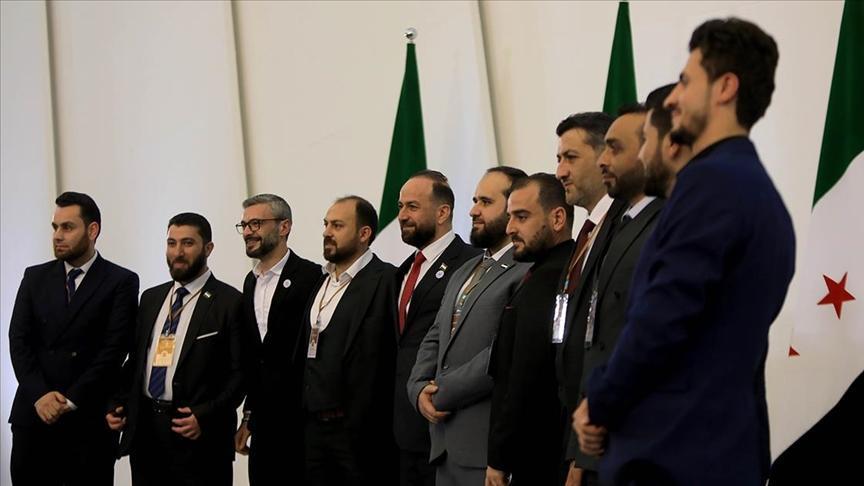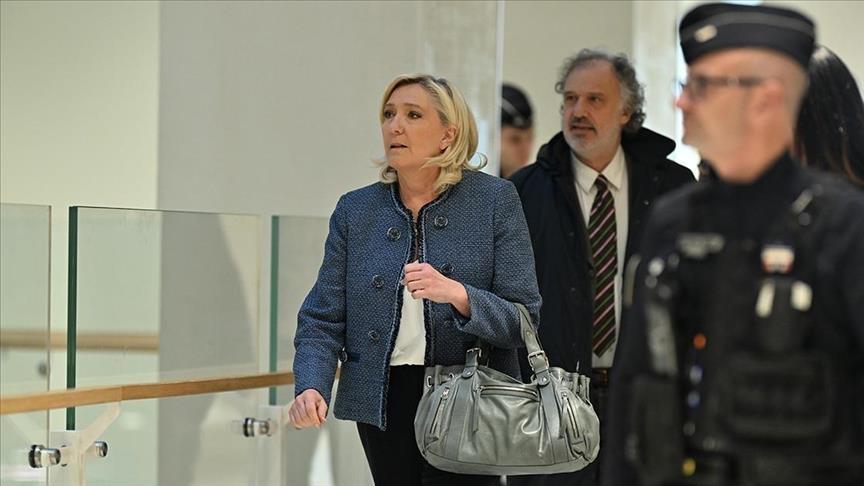Al-Assad in his last six months, US estimates
WASHINGTON - Hürriyet Daily News
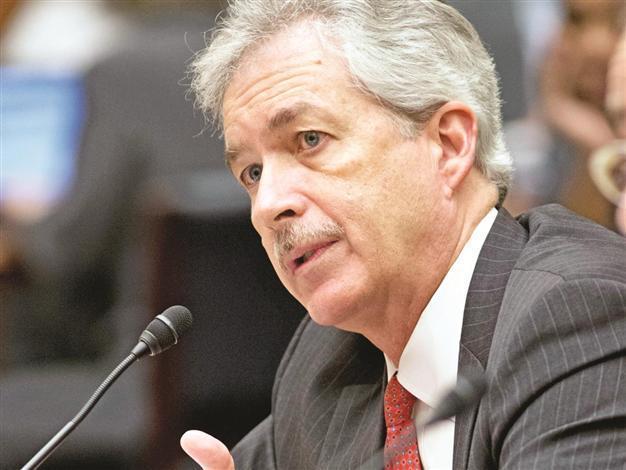
Burns met with Foreign Ministry Undersecretary Sinirlioğlu. AP photo
Embattled Syrian President Bashar al-Assad will not last in power for more than six months at most, senior U.S. figures predicted during a recent meeting with Turkey’s senior diplomat in Washington, Turkish officials have said.According to U.S. assessments, 80 percent of the country is under the control of militants, while almost 40 percent of Damascus has fallen into rebel hands. As such, al-Assad has resorted to missiles because he has been unable to redeploy his overstretched forces, U.S. officials told Turkish Foreign Ministry Undersecretary Feridun Sinirlioğlu during a recent meeting involving the State and Defense Departments that also touched on Iran, Iraq and the Middle East peace process.
For its part, the Turkish side asked the Barack Obama administration to be more active now that the presidential elections are complete, while conveying its concerns over the 22-month-long crisis. Turkey also criticized the timing of Washington’s decision to declare the Jabhat al-Nusra front, an Islamist group at the forefront of the fight against the Syrian government, as a terrorist organization.
In December 2012, Washington blacklisted the Jabhat al-Nusra group, saying it was linked to al-Qaeda; U.S. officials fear that groups such as the front could hijack the uprising. Turkish officials, however, said it was more important to focus on the “chaos” that al-Assad has created instead of groups such as al-Nusra.
Sinirlioğlu and his accompanying delegation also discussed energy issues in northern Iraq. Washington fears Turkish energy companies’ activities in Kurdish northern Iraq could push Baghdad closer toward Tehran and threaten Iraq’s unity.
“Turks are standing firm on this issue,” a U.S. official speaking on condition of anonymity said. Another U.S. official said Sinirlioğlu tried to convince U.S. Special Envoy for Energy Affairs Carlos Pascual over the matter.
But U.S. officials conveyed their concerns to the Turkish delegation, saying energy deals that bypass the central government in Baghdad were very dangerous while adding that they had informed U.S. energy firms active in northern Iraq not to circumvent Baghdad. Turkish officials, meanwhile, said there was a common will to work on the issue.
Sinirlioğlu also discussed upcoming elections in Israel, Greek Cyprus and Armenia and their effects on the region while noting U.S. support for Turkey’s efforts to combat terrorism and plans on stopping terrorism financing.
In addition to Pascual, U.S. Deputy Secretary of State William Burns, Assistant Secretary for Europe and Eurasian Affairs Phil Gordon and Assistant Secretary for Near East Affairs Beth Jones attended the meeting at the State Department. Secretary of State Hillary Clinton also stopped in to greet Sinirlioğlu during the meeting, according to State Department spokesperson Victoria Nuland.


